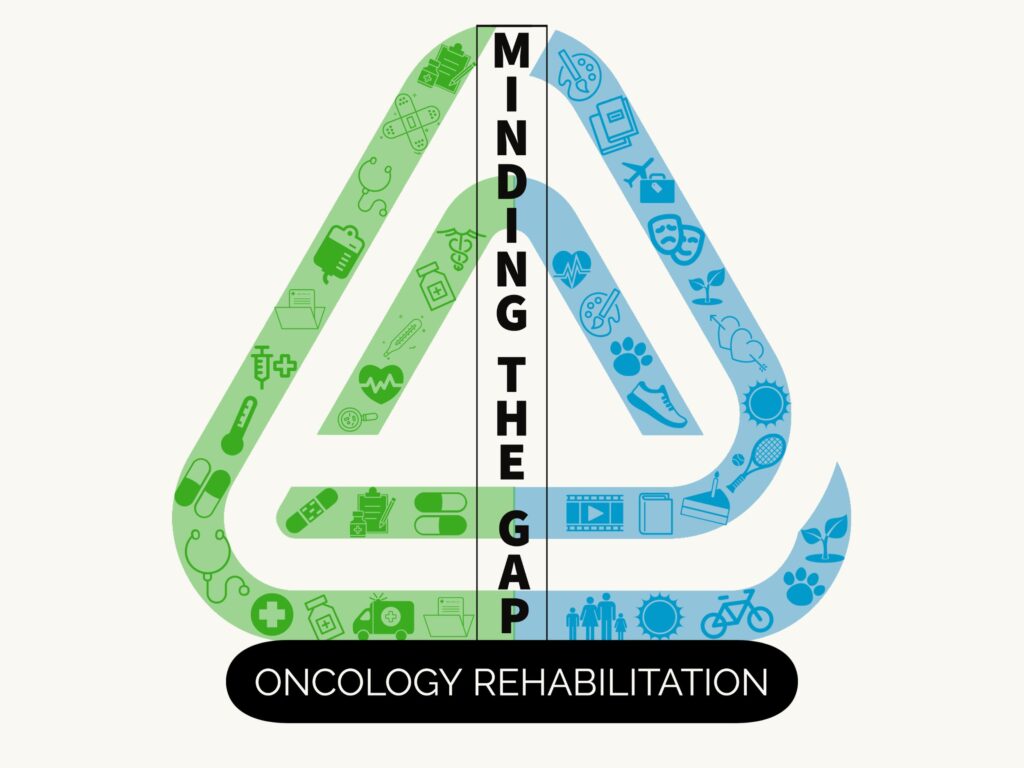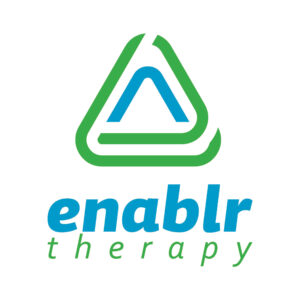
Cancer. It is a word that evokes so many emotions, and for some, so many memories. It is the same with me. In my personal life, several people who are near and dear to me have journeyed with and battled cancer valiantly. Some are survivors and some are not. In my professional life, I have been privileged to work with numerous brave clients who have also walked that path. Cancer sucks. It is hard. But it has also given me some of the sweetest, most intimate moments in my life and has sharpened my understanding of what it means to live.
There are more than one hundred different types of cancer that can disrupt various organs and systems in the body. As a result of the cancer or associated treatments, people living with and surviving cancer often experience altered physical and cognitive functioning that impacts daily activities. Cancer affects living.
Studies have shown that those who receive rehabilitation services before, during, and after their cancer care have improved physical and emotional well-being. Below are some key reasons that highlight the necessity of oncology rehabilitation.
Why Oncology Rehabilitation
- Manage Treatment Side Effects: Cancer treatments such as surgery, chemotherapy, radiation therapy, and immunotherapy often lead to a range of side effects, including fatigue, pain, swelling/lymphedema, neuropathy, and cognitive dysfunction. Oncology rehabilitation can address many of these side effects and improve overall comfort and function.
- Improve Function: Cancer and its treatments can lead to decreased physical function, including reduced strength, flexibility, and endurance. These effects can be long-term and/or late term. Rehabilitation programs, including physical therapy and occupational therapy, use exercise, therapeutic activities, and adaptation to restore physical function, enabling patients to perform daily activities more effectively.
- Support Mental Health: When the body feels better, the mind often also feels better. Those who can actively participate in their care program tend to also feel more empowered and supported.
- Facilitate Return to Work and Other Activities: Cancer and its associated treatments can disrupt a person’s work, recreation, social engagements, and spiritual practices which give life meaning. Therapy services can work with the individual to address any barriers that limit participation in these everyday activities.
In short, physical, occupational, and/or speech therapy can be effective throughout the cancer journey and improve quality of life, allowing individuals to pursue activities that are meaningful and bring joy.
I have seen the difference that therapy can make first hand. I saw it when my mother-in-law was able to get out and checked on her flower and garden beds around her home after her long hospital stay. Something that was a passion for her.
I saw it when my 18-year-old client walked across the stage using her forearm crutches to receive her high school diploma and celebrate that milestone that she thought she would miss. I saw it when a dear friend told his young son and daughter that he loved them using his communication board because he was not able to speak. Therapy makes a difference.
However, there is a care gap, an under-utilization of therapy services. A gap between therapy services that would be beneficial and the level of therapy services that are often provided.
“Multiple studies reveal under-referral of cancer patients who could potentially benefit from rehabilitation interventions. Some under-utilization could relate to lack of awareness of benefits of rehabilitation services for oncology patients. Specialty providers may overly concentrate on the disease without considering patient quality of life and functional challenges.”
Advocating for therapy services throughout an oncology journey can make a huge difference. Don’t be afraid to ask for services, Enablr Therapy is here for you.
Written by Rachel Morris, OTR/L, MA IOP
Rachel is the Vice President of Enablr Therapy and a licensed occupational therapist with over 30 years of experience.
References



